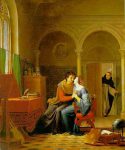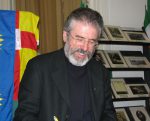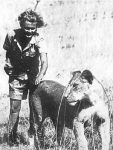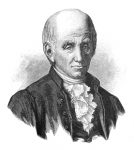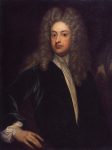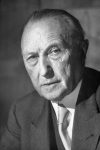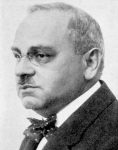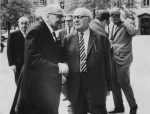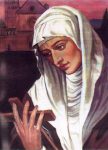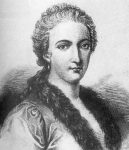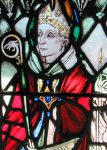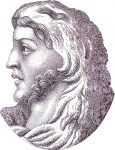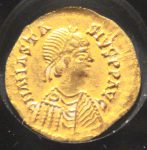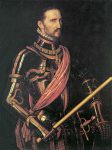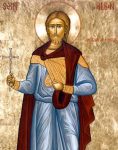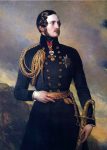Philosopher and theologian. He was famous for passionate love (Heloise), but also for reintroducing logic to Europe. At different times, both his passion and his logic led to tragic complications: he was assaulted and castrated by angry relatives of Heloise and repeatedly charged with heresy by different Church authorities.
Celebrated historian and Roman Catholic. He rejected the new doctrine of papal infallibility.
A seaman working for the Dutch. One of first Europeans in Japan, he was initially jailed but became a shipbuilder and samurai.
Political rebel and the leader of the Sinn Fein, the political party closely linked to the Irish Republican Army of Northern Ireland. Some see him as a murderer and terrorist, others as an Irish patriot.
Autobiographer. She wrote about her love of wild Africa, animals, and especially lions.
Botanist. His classifications combined logic with a love of plants.
Literary figure and politician. He combined writing and literature with public office.
Statesman. He courageously opposed Hitler, later restored German democracy and also sought to build Europe-wide institutions.
Psychiatrist, member of Freud's inner circle, then rebel against Freud. His idea of the "inferiority complex," became deeply embedded in popular culture. For a time, especially in the 1950's, almost any degree of ambition or effort was popularly dismissed by some as evidence of a feeling of inferiority.
Philosopher, sociologist, and music critic. A member of the so-called Frankfurt School, he became an inspiration to the American and European "new left" of the 1960's. Among the values he expressed were: anti-fascism, reinterpreting and rescuing Marxism from Stalinism, a rejection of modern materialism and technologism, and the indispensability of revolution and the revolutionary attitude.
Christian Nun and Saint. She assisted her sister, St. Clare, in founding the order of Poor Clares, the female counterpart of St. Francis's order. Like St. Francis, she and her sister exemplified a simple, pure, uncompromising, and thus revolutionary, Christianity, an attempt to follow Jesus's teachings directly, to reject all forms of worldliness, to embrace the natural world, including animals and birds, to serve the poor and sick and anyone in need, and to live as much as possible as Jesus lived.
Mathematician, child prodigy, and author of a mathematical textbook. She demonstrated that mathematics was not a male preserve.
Infamous figure of Roman history, granddaughter of the first Emperor Augustus, and mother of the Roman Emperor Nero by her first husband. She poisoned anyone (probably including her third husband, the Emperor Claudius) who stood in the way of securing the throne for her son. He in turn murdered her.
Christian missionary, Saint. The Celtic monasteries of Iona (from which he came) and Lindisfarne (which he founded) became famous as beacons of culture, art and learning in a dark and violent time.
King of the Visigoths. A symbol of barbarism, he plundered Rome, which even Attila had not done and thus earned for himself a place in the annals of barbarism.
King of the Visigoths. He defended Arian Christianity, but was defeated by Clovis, the king of the Franks and father of Charlemagne, which dealt a fatal blow to Arianism, the doctrine that Christ and God differed in some respects.
Aristocrat, military leader, and devoted Catholic. His repression of the Dutch rebellion and of Protestants between 1567 and 1573 became legendary for its brutality.
Roman soldier and Christian Saint. He became the first Christian martyr in Britain.
Prince of Saxe-Coburg-Gotha, husband of Britain's Queen Victoria. His relationship with his wife set a new standard of marital fidelity in British aristocratic circles.
Florentine Architect and designer. He embodied the Renaissance ideal of "virtu" by mastering nearly every field he touched, including philosophy, literature, music, and art, as well as architecture.
